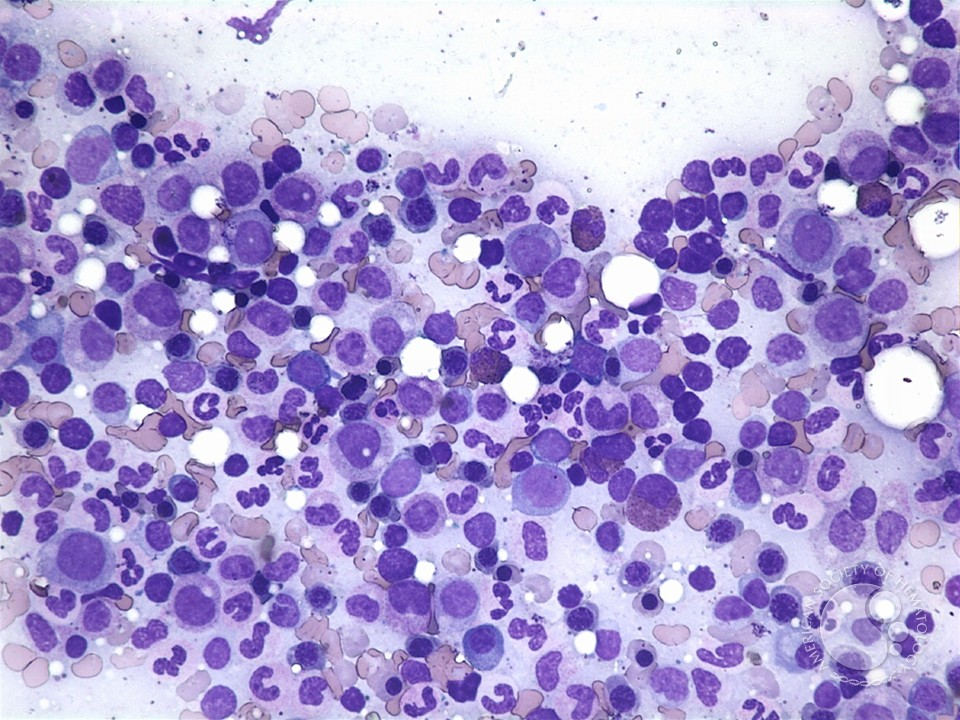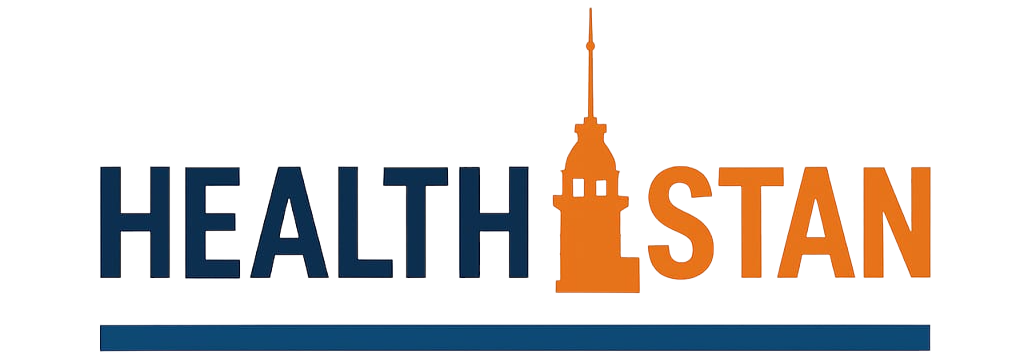Call Us when you Need Help!

Adult Hematology / Bone Marrow Transplantation
Bone Marrow Transplantation
In diseases such as insufficiency (Aplastic Anemia, Immune Deficiencies), faulty production (Hemoglobinopathies, Metabolic Diseases), cancers (Leukemia) of precursor cells (Stem Cells) in blood production, it is necessary to clean the bone marrow and replace it with a bone marrow capable of healthy production. This procedure is called “Bone Marrow Transplantation”. In addition to the above-mentioned diseases, bone marrow transplantation can also be used as a treatment for diseases such as lymph node cancers (lymphoma) and brain tumors involving the bone marrow. In these transplants, the donor can be fully compatible within the family (allogeneic), fully compatible outside the family (matched unrealted donor) or partially compatible within the family (Haploidentical). Of course, the first choice of donor for bone marrow transplants is a fully compatible sibling donor.
In addition, in patients who have to use different doses of chemotherapy due to cancer, high-dose chemotherapy can completely stop blood production in the bone marrow. For this reason, in these patients, their own bone marrow is collected and frozen before “High Dose Chemotherapy”. Following the freezing process, the cancer is tried to be treated by giving “High Dose Chemotherapy”. The bone marrow disappears permanently with the effect of chemotherapy. The frozen stem cells collected from the patient before chemotherapy are given to the patient again. This process is defined as Autologous Bone Marrow Transplantation.
The bone marrow transplantation process starts with the pre-transplant preparations of the patient and the donor. If the patient has a malignant disease, the disease should preferably be in remission. The patient is checked for liver, lung, heart, kidney, brain diseases, dental and infections that may cause problems during transplantation. The donor’s compatibility rate, donor health status, infectious disease status are checked. If the conditions are suitable for bone marrow transplantation, the patient’s transplant process begins.
The patient is taken to the bone marrow transplant unit with a central catheter. The bone marrow transplant unit is a 99.97% sterile area that is ventilated with special HEPA filtered air conditioning systems, closed to the outside, where visitors cannot enter.
Stages of a Bone Marrow Transplantation Process
- Information: The patient and companion are informed about the procedures to be observed in the bone marrow transplant unit, nutrition and personal hygiene.
- The chemotherapy process called “preparation regimen” begins. The patient’s bone marrow cells are irreversibly destroyed by intensive chemotherapy (in some cases also radiotherapy) for about 7-10 days.
- Antimicrobial prophylaxis is started with simultaneous antibacterial, antifungal and antiviral drugs.
- In this process, medication is started for chemotherapy side effects such as nausea and vomiting to minimize the side effects of the medication.
- On day “0”, bone marrow harvested from the donor is infused into the recipient via a central catheter.
- After transplantation, the patient is started on prophylaxis medications to prevent “Graft Versus Host Disease” in which donor cells attack the recipient.
- Blood and blood products support is provided as the patient’s blood values decrease. In this process, erythrocyte suspension and platelet suspension transfusions are performed.
- Supportive and pain relieving drugs are used for oral mucosa damage (mucositis) that develops due to chemotherapy. With these medications, the patient’s pain management is tried to be done in the most accurate way.
- After day +14, neutrophil (neutrophil engraftment) and platelet (platelet engraftment) values start to increase with the start of blood production in the bone marrow
- Discharge is planned when the patient’s immune system is formed, resistance to environmental microbes develops, nutrition and fluid intake are normalized and the patient can swallow oral medications (usually after the 20th day).
11. Before discharge, the patient and the patient’s relatives are informed about nutrition, self-care, medication use and possible post-transplant complications in the post-discharge period.

Initial Consultation
Treatment and Care
Post-Treatment Support
Are you having health problems? Contact us today!
Address Business
Contact With Us
Working Time
7.00am - 19.00pm
Sunday:
8.30am - 19.30pm




